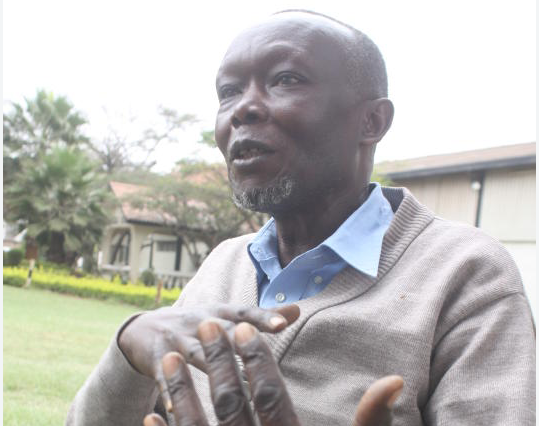×
The Standard e-Paper
Home To Bold Columnists

When the demands of safeguarding a Commander-in-Chief of the Armed Forces in times of a coup is thrust on the supple shoulders of a 28-year-old father of one, it would be an understatement to describe the mission as dangerous and daunting.
It was at such a crossroad that a young major found himself in, just hours after spending two weeks of grueling military exercise in the unforgiving and suffocating heat of Lodwar.